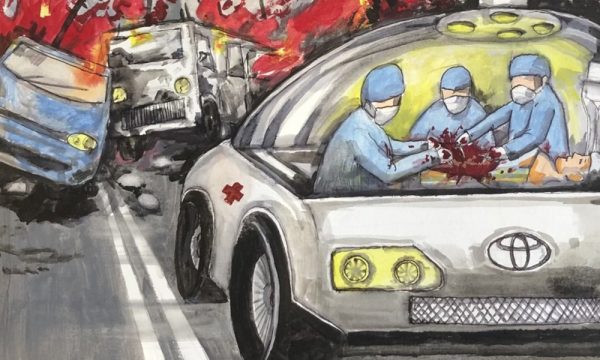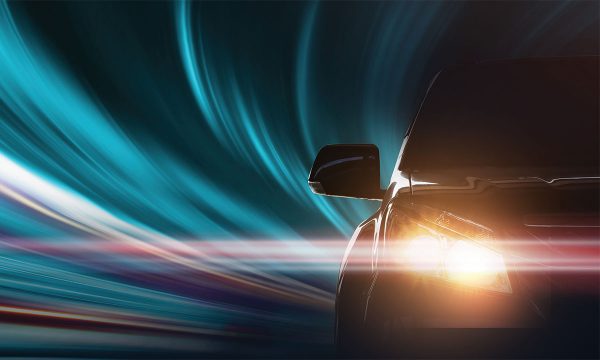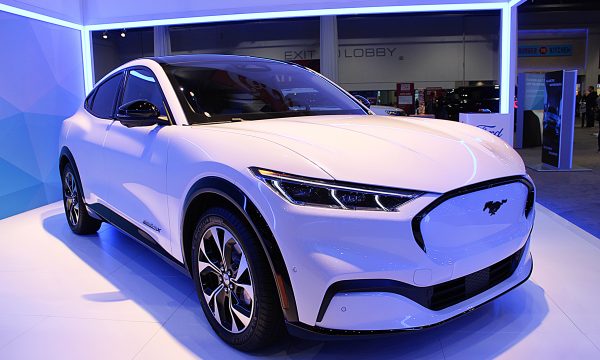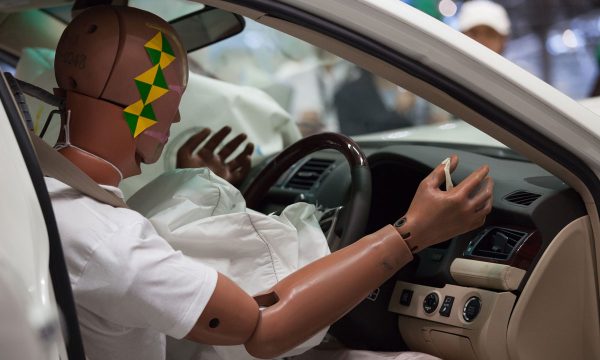In a move that seemed to arrive suddenly, but had actually been ten years in the planning, Toyota New Zealand has launched a truly disruptive approach to selling and retailing automobiles.
The changes, which officially started April 2, could well be an early warning sign of what we might expect to see trickle across the globe, which could then spark legal challenges to existing franchise agreements in other countries.
“This could be one of the biggest changes in distributor auto retailing in this country — maybe in the world. It’s certainly the most significant by a market leader rather than a new entrant or a minor player,” said Alistair Davis, Toyota New Zealand’s Chief Executive in an interview with Stuff, New Zealand’s most popular news site.
The headline for that article, “Toyota NZ retail revamp cuts up to $10k off new-car prices… permanently” surely got the attention of its readers. It caught ours.
So what’s it all about?
The initiative is called “Drive Happy” and it appears to take direct aim at the oft-discussed consumer grievances with the current car buying process, in particular haggling over prices, negotiating deals and having to interact with dealership staff.
The clever TV ads that support the launch actually position salespeople at traditional dealerships as annoying monsters, badgering otherwise busy consumers as they go about their daily lives, trying to fit a car purchase into their daily schedule. (Google Toyota Drive Happy Project and check the videos out yourself.)
The new model gets rid of the “hard-sell” salesperson, transforming them instead into “vehicle consultants,” “product experts” or “store concierges,” but they don’t get paid commission — only
bonuses if they have happy customers.
Dealers have to buy some demo vehicles for the entire Toyota lineup, so that people who arrive at their stores have a chance to test drive it — which can be 24 hours long if customers so choose.
The vehicles themselves all have a single non-negotiable nationwide Toyota Driveaway Price that is advertised nationally, and dealers get paid a flat fee for sales they don’t get paid on margin.
“The hard-sell is caused by two things,” Davis explains in the Stuff interview. “First, the dealership has a stock of cars they want to get rid of. Second, the salesperson needs to sell a car to pay their mortgage.”
Dealers themselves are now agents, and no longer own the vehicle inventory, nor stock it. Consumers don’t buy vehicles from the dealership — they buy them from Toyota New Zealand — who own the vehicles and house them in three regional distribution hubs. They are delivered to customers within about one day of purchase.
Dealers have to buy some demo vehicles for the entire Toyota lineup, so that people who arrive at their stores have a chance to test drive it — which can be 24 hours long if customers so choose.
Several news articles about the Drive Happy project say that — other than all of what I just described — the franchise agreements with dealers remain “unchanged.”
Seems to me, like everything’s changed.
Once Toyota New Zealand fully owns the direct relationship with the customers and dealerships stop being individual brands, they become simply retail outlets and convenient test drive and service centres for the OEMs. If this took a decade to plan, I wonder what’s in the works 10 years from now.











